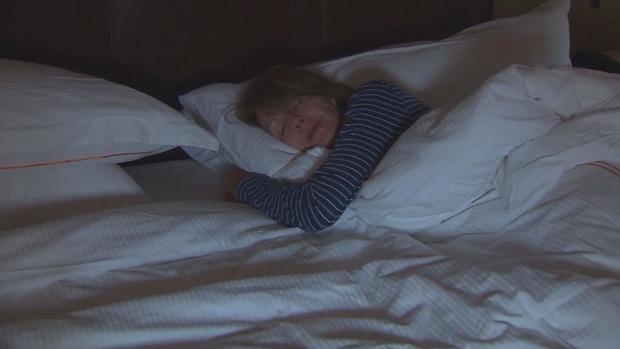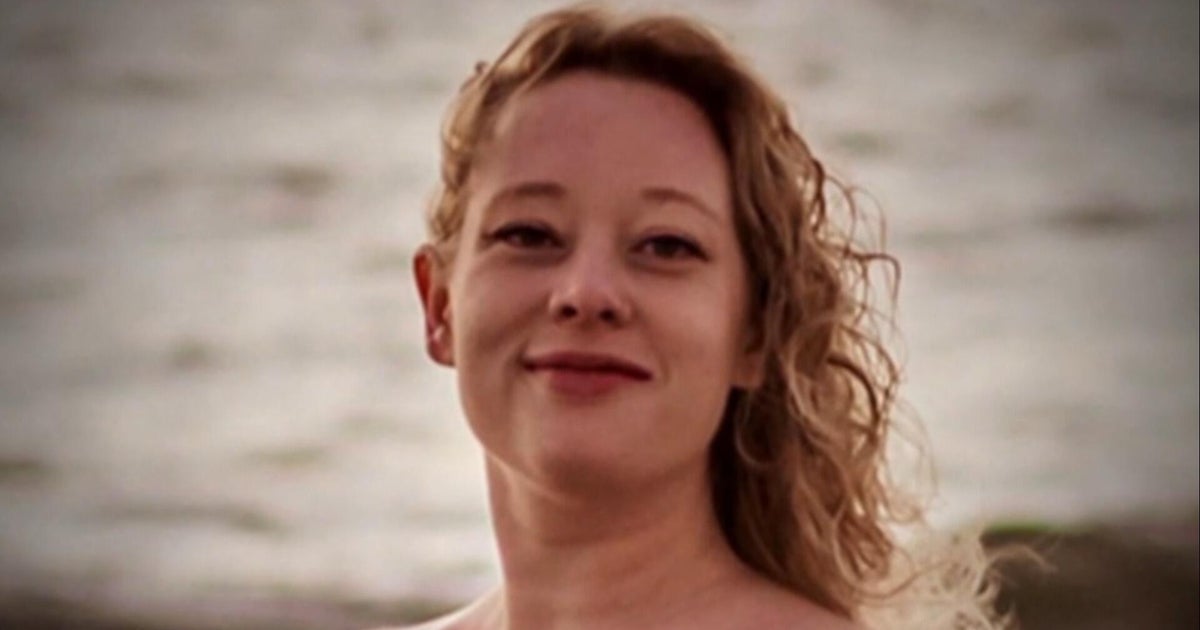Why do we dream?
MINNEAPOLIS -- The average person dreams two hours per night. You might not remember it -- but that might be because you're not supposed to.
There's a lot researchers don't know about dreams, but many theorize dreams are a combo of our daily experiences and things our brain wants us to know.
Dr. Roxanne Prichard is a sleep scientist.
"If you think about it, it's about two hours in our day that we are paralyzed and actively hallucinating," Prichard said. "So it's a really vulnerable state to be in, but all mammals do it, and we would actually die without it."
Prichard says it's doing something in our brains that's critically important for our survival.
"Some scientists believe in what's called 'threat rehearsal,' that the dreams that we have give us a chance to practice something that's important for our survival, but is a low probability of that," she said.
Prichard says another possibility is called "next up."
"So your brain wants to give you different scenarios, and just be like 'OK, if this happens, what next? What do I do in this situation … to help you process and prepare?'" she said.
Scientists believe the brain is doing its work even if you don't remember the dreams. It's also normal to forget because people only recall their dreams if they wake up right after and the conscious brain commits the dream to memory.









